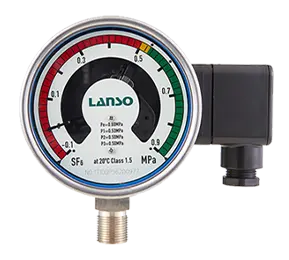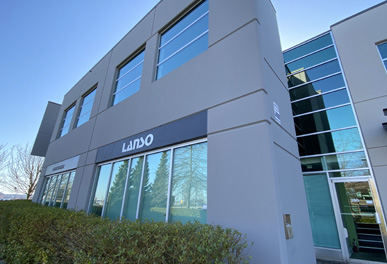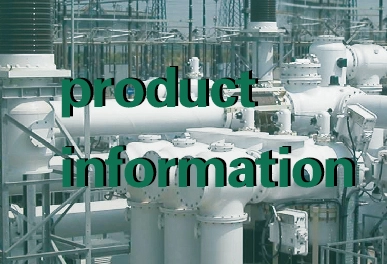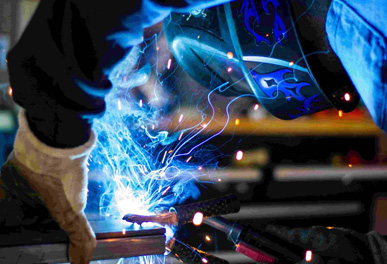Ⅰ. Usage description of precision pressure gauge:
Precision pressure gauges are mainly used to calibrate common industrial pressure gauges, and can also accurately measure the pressure of non-corrosive, non-crystalline and non-solidifying media on copper, copper alloys, alloy structural steel and other materials at the process site.
The instrument is equipped with a mirror ring (type A and type B) under the scale line, and is equipped with a zero adjustment device (type B), which makes the reading more clear and accurate during use.
Structure principle:
The instrument consists of a pressure measuring system, a transmission mechanism, an indicating device and a shell. The pressure measuring elastic element is treated with a special process to make its performance stable and reliable. After being matched and debugged with a high-precision transmission mechanism, it can ensure accurate indication accuracy.
The working principle of the instrument is: when the pressure of the measured medium acts on the elastic element, it produces elastic deformation-displacement, and the transmission mechanism is amplified by the pull rod, and the measured pressure is indicated by the indicating device.
Ⅱ. Installation and use of precision pressure gauge
At present, the precision pressure gauges, as a tool to measure pressure, mainly include 0.4, 0.25, 0.16, etc. However, due to the precision pressure gauge itself, it is prone to non-return to zero or inaccurate testing on site, so the precision pressure is installed on site. When the meter is used, it must be operated in strict accordance with the requirements to prevent improper operation from causing deviations in the precision pressure gauge test.
1. First, the precision pressure gauge should be installed vertically, and strive to maintain the same horizontal position with the measuring point, otherwise the additional error caused by the liquid level difference should be included accordingly.
2. The precision pressure gauge is generally installed on the pressure calibrator, so the impact of vibration should be avoided in the vicinity of the pressure calibrator (the principle of taking the indicated value without affecting the accurate reading);
3. The pressure often used by precision pressure gauges should be 2/3 of the upper limit of the scale; when used as a standard instrument for calibration instruments, the pressure of the precision pressure gauge is allowed to be used up to the upper limit of scale.
4. In the process of using the precision pressure gauge: If you find that the accuracy is reduced, the indicating value is unstable or the pointer is bounced, you should find out the reason and re-calibrate it as appropriate, and use it only after it is qualified. After the precision pressure gauge is used, it should be kept properly and avoid collision, so as not to affect the accuracy of the gauge.







